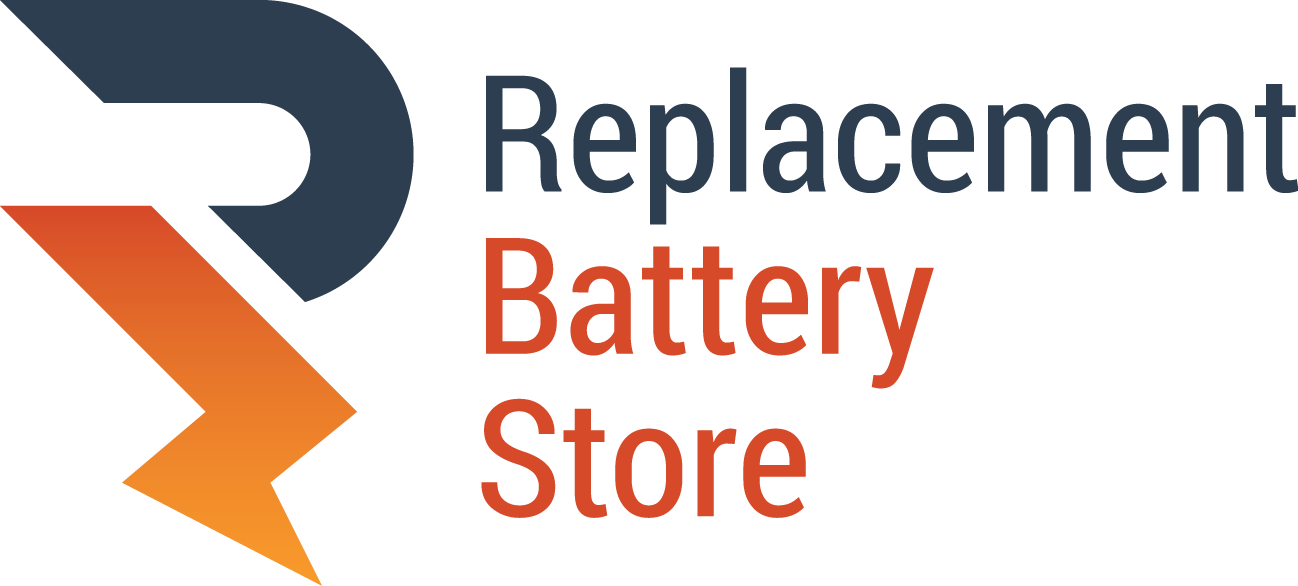How are lithium batteries recycled?
How are lithium
batteries recycled?

The recycling of lithium-ion batteries is an opportunity to obtain raw materials.
There is an existing threat to
the availability of lithium needed to produce this type of batteries. This
threat redirects attention to ensuring a continuous supply of materials needed
for the green revolution through reuse and recycling ofbatteries.
Lithium is consumed in sectors
such as construction, pharmaceuticals, ceramics, and glass, and also in the
automotive industry.
The recycling of lithium-ion is a major topic in the automotive industry. The rising popularity of
hybrid cars is leading to the demand for lithium in the world.
In the future, the recycling of
lithium-ion batteries is expected to be one for the main sources of lithium.
Potential fluctuations in lithium prices will affect the overall sales prices
of cars.
Hence, recycling is expected to be one of the means to hedge uncertain and potential price fluctuations due to geopolitical due to or other types of barriers.
(*Hedging in the economy means
a financial transaction in a market to reduce the risk of losing another
market.)
There are a number of challenges that will probably affect the supply of lithium in the future.
Manufacturers are looking for
ways to overcome lithium dependence by re-using lithium batteries in other
applications and byrecycling batteries after they have completed their
lifecycle.
Batteries account for only
about a quarter of the current lithium consumption, which is expected to reach
about 40% by 2020.
However, there is no economic reasoning behind to recycling batteries. Recycled lithium has up to five times the price
of lithium produced by the cheapest salt water process. Recycling companies are
not competitive to extract lithium from the slag or compete for equipment
manufacturers to buy at higher prices than recyclers.
(*Slag - A mixture of a waste
from the melting of the ores.)
Lithium is 100% recyclable.
The automotive battery
recycling market is mainly influenced by the used technology in the products
they offer. Therefore, the key differentiating factor is the price - in a
competitive environment, it reduces the cost-effectiveness of recycling
companies.
The main challenge that
obstructs the industry, is the long-term nature of the financial investments
required by the market participants to develop specialized waste disposal services.
The increasing production and
consumption of lithium batteries result in the need for recycling. Recycling is
inevitable from an environmental, economic and health point of view.

Contact Us
Follow us on:
for daily company articles and info!






